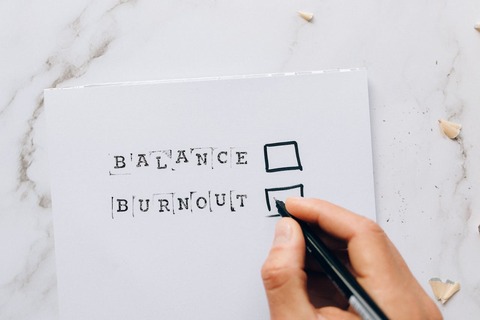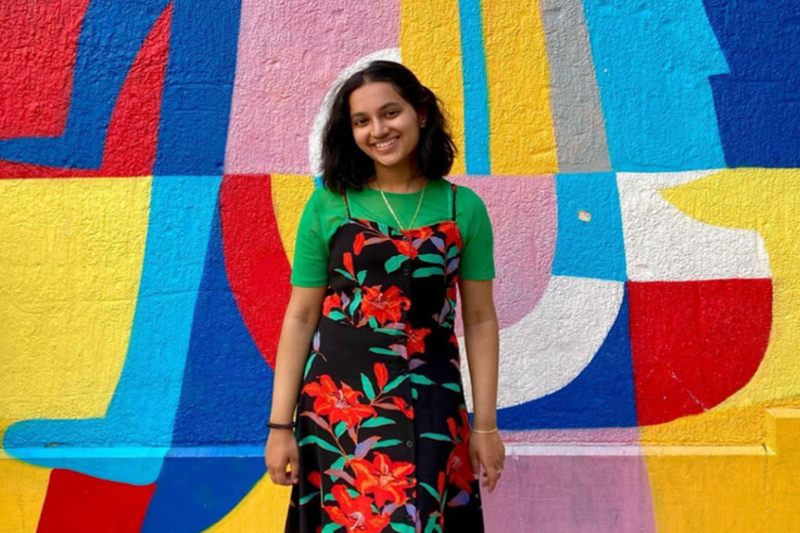How to Deal With Burnout as a Medical Student
Feeling burnt out? You’re not alone. Check out this honest guide on how to deal with burnout as a medical student.

My story
Burnout is defined as a “state of physical and emotional exhaustion”.
Many medical students will feel burnt out from time to time and it’s important to remember that burnout is completely natural. Medicine is a challenging course to study and as a medical student, I have begun to recognise that understanding the reason behind feeling burnt out is necessary to overcome it. In this guide, I want to share how I tackle burnout and the things I do to make myself feel better.
Identify what is triggering the burnout
During my first semester of second year, after just four weeks of university, I began to feel burnt out. Initially I was annoyed at myself for feeling this way, after all, the year had only just begun! However, I realised that there were several factors making me feel exhausted. I had moved into a new student house and was trying to sort gas and electricity to make the house feel like a home. I was falling behind on lectures and as a result was staying up late to catch up.

Additionally, I felt like I didn’t want to lose on socialising with friends and so I was pushing myself to meet my friends for a night out every week. Putting so much pressure on myself was unhealthy and led to burnout. Once you realise what is making you feel this way, you can start trying to solve the problem.
How to time block
I found the concept of ‘time blocking’ incredibly helpful for dealing with burnout. Essentially, time blocking is where you divide your time into ‘blocks’ for the day. For example, I made it a rule that after 8pm, I would log out of Canvas and stop studying. I began blocking off time to go to the library during the day to free up my evenings. This massively helped me deal with the workload that comes with medical school as I was studying during the day, not night.

Time blocking has helped me cope with burnout
I also tried to socialise with friends in the afternoon instead of evening. Usually this would involve trying to meet in between lectures or placements. This meant I was still able to make time for my friends without compromising on time for myself.
Journal
Another thing that really helps me deal with burnout is journaling my feelings. I find daily journaling can seem overwhelming at times, so I prefer to do it when I feel like writing down my thoughts. Seeing what’s causing me to feel burnt out written on paper makes me feel lighter and like there’s less to stress about. Moreover, since starting journaling, I have found a significant improvement in my sleep. I think this is due to having fewer worries and being able to prevent a cycle of over-thinking.

Writing down your thoughts can lessen your burdens and stress
Treat yourself
When I feel down, I find the easiest way of making myself feel better is by getting fresh air and taking a walk. Usually I try to buy something small that I know will instantly make me feel happier, for example a cup of tea or sweet treat.

Bubble waffles from A Nice Sip are my favourite sweet treat that I like to enjoy when I need a mood booster!
Remember that everyone feels burnt out from time to time
As a medical student, having spoken to friends on my course, I have realised that nearly everyone feels burnt out from time to time. After all, with lectures, anatomy classes, placements etc. it can feel like there’s little time to unwind and relax. It’s important to remember that support is available for medical students to seek and that asking for help is nothing to feel scared about.
Listed below are some services that are available:
- British Medical Association (BMA): provide a range of wellbeing support services. Get in touch with your Queen’s BMA year reps for more details.
- Medical Defence Union (MDU): Get advice and support should you face medico-legal issues during training or placement.
- QUB Medics4Medics: this is a great page ran by Queen’s medical students for honest advice and information surrounding medicine at Queen’s.
- Queen's Student Union: the SU is here to represent YOU. They have a wide variety of services available, including dedicated mental health support.
Find out more
Radhika GuptaMedicine | Undergraduate Student | Derry, Northern IrelandHi! My name is Radhika, I’m 19 years old and originally from Derry. I’m currently a second-year medical student and so far, I’ve been loving my course and time in Belfast! I like to spend weekends exploring the city with my friends and trying to find good places to eat/drink. My hobbies include photography, reading and yoga! This year I’m trying to become more involved in university activities, so you may see me around campus as I’m a student ambassador, plus I also love spending time in the Student Union with my friends in the evenings! I’m a member of various medical societies like SWOT and WOMED, and also recreational societies like Chess and Arts! |
 |